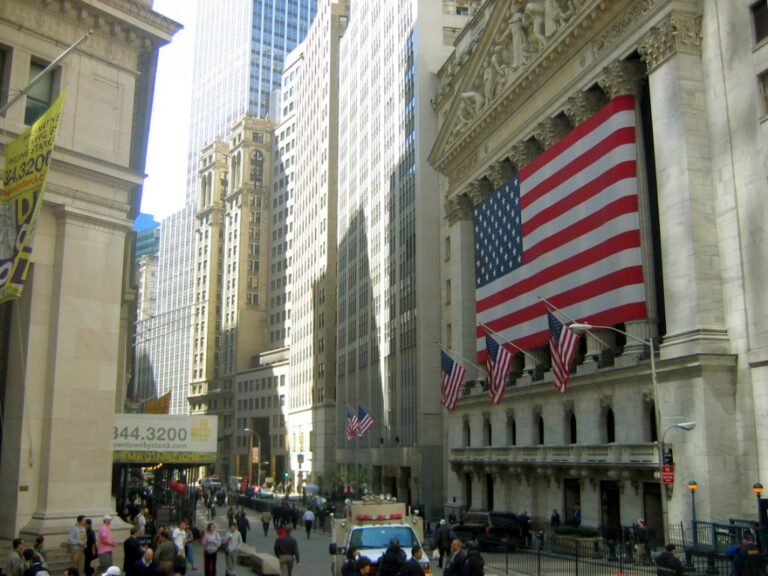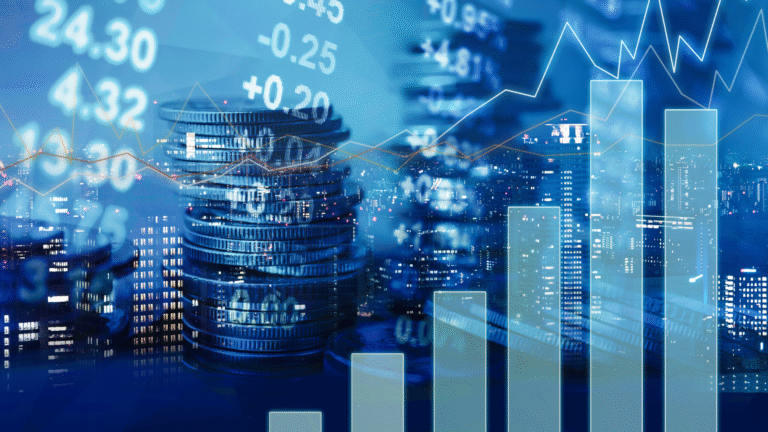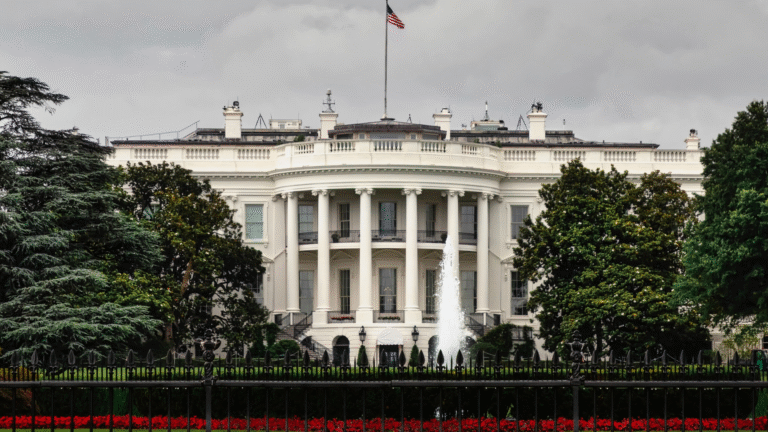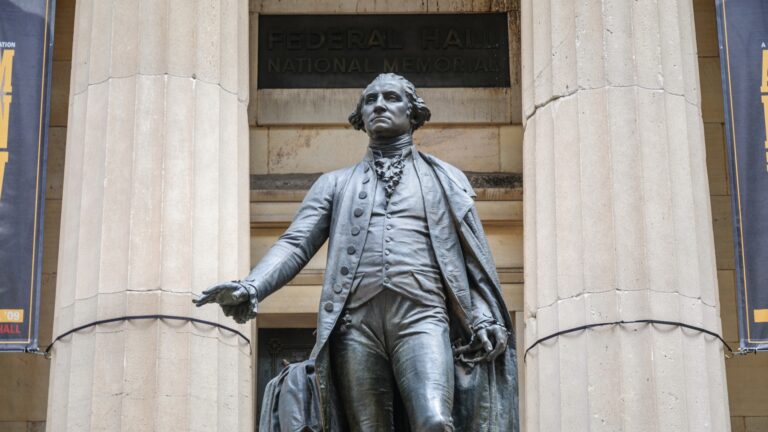Market Bubble
Definition
A market bubble is a phenomenon in financial markets in which asset prices rise rapidly and significantly above their intrinsic value, driven largely by speculative buying rather than fundamentals.
Key Points
- In a bubble, asset prices become detached from their underlying value, reflecting optimism, speculation or herd behaviour rather than earnings or yield.
- Bubbles are difficult to identify in real time because intrinsic value is hard to estimate and investors often expect the rise to continue.
- When the bubble bursts, many investors who bought at high prices may suffer substantial losses, and market allocations may be distorted.
FAQ
- Is every rapid price rise a bubble? No — rapid price rises may be justified by fundamentals or structural change; a bubble implies a disconnection from fundamentals.
- Can bubbles be prevented? There’s no reliable way to predict or prevent them; they often conclude with a crash or a deflation of excess.
- Which assets can experience bubbles? Virtually any asset class: stocks, real estate, commodities, crypto, credit markets.







